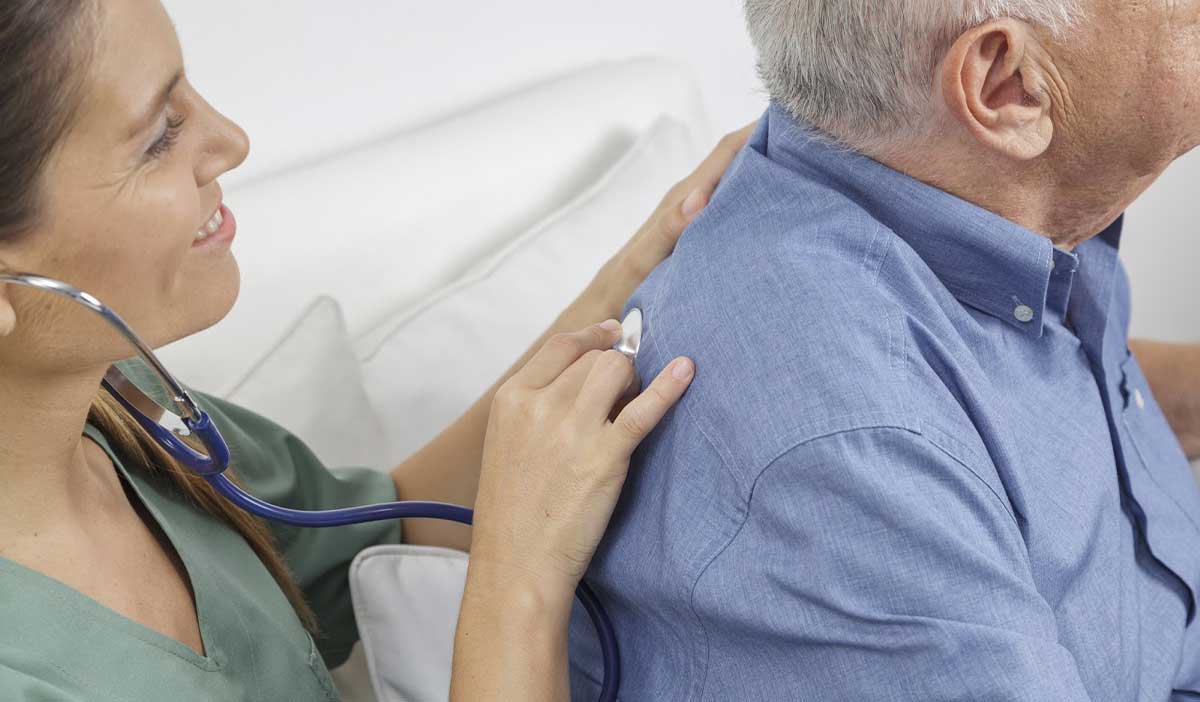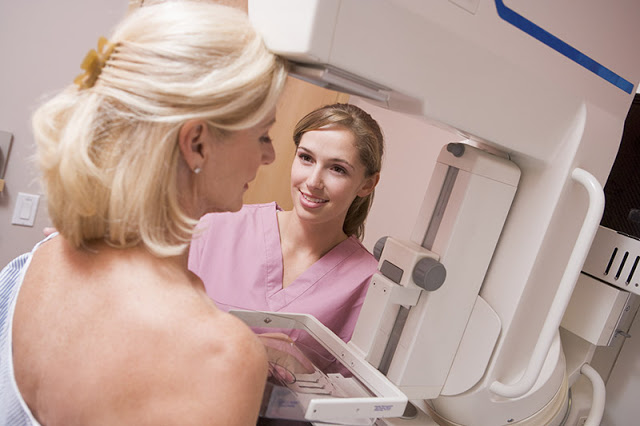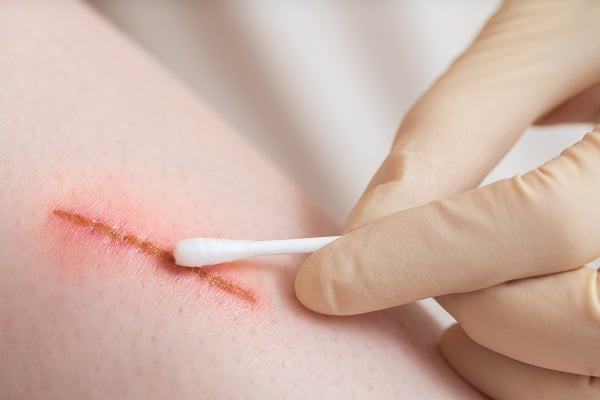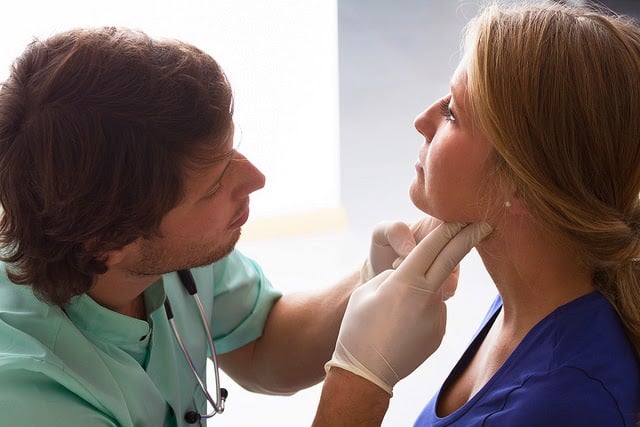What are the most common cancers found in men
Posted on Mar 23, 2017 4:20:00 PM | Cancer care, Men's Health

When it comes to cancer, the saying "knowledge is power" is very true. The more you know about cancer types and risk factors, the better chance you have to proactively care for yourself with screening and healthier habits. Cancer can happen to anyone and in any part of the body. However, there are some cancers that are more common than others. What are the three most common cancers for men?
Read More






